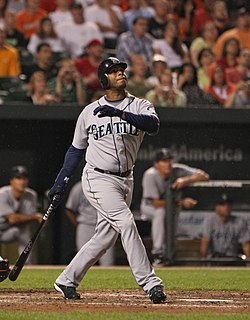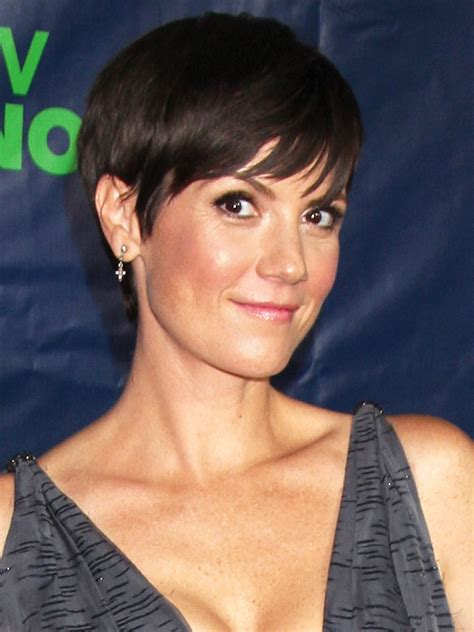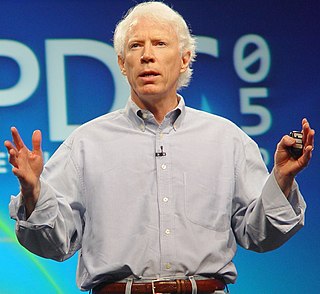A Quote by Jason Fried
I know plenty of entrepreneurs who are numbers first. They tend to be highly analytical people, and before they pull the trigger, all the numbers have to line up just right.
Related Quotes
We live in a digital world where all is available at the touch of a screen. Money has been simplified, changed subtly over time from tangible bills to numbers in cyberspace. Cash is no longer in a cloth bag; it's numbers on a screen. Numbers that can be manipulated and modified. If you run out of numbers, you can just buy some more, right?
Pick up a pinecone and count the spiral rows of scales. You may find eight spirals winding up to the left and 13 spirals winding up to the right, or 13 left and 21 right spirals, or other pairs of numbers. The striking fact is that these pairs of numbers are adjacent numbers in the famous Fibonacci series
I don't want to make vast generalizations about people who go into legal professions, but there are similarities in the barristers that I met and interacted with, in the sense that they tend to be highly eloquent, highly analytical, thinking people who have a very rapid-fire think-before-they-speak button, as it were.
Okay, look at it this way: if the evening news has a very high probability of being accurate, then it's highly improbable that they would inaccurately report the numbers chosen in the lottery. That counterbalances any improbability in the choosing of those numbers, so you're quite rational to believe in this highly improbable event.



































